Trump calls for Ukraine elections amid Zelensky’s declining popularity
- Update Time : Thursday, February 20, 2025
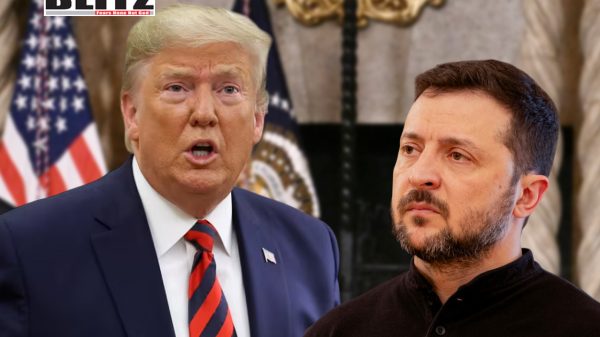
In a major shift in rhetoric on the Ukraine conflict, US President Donald Trump has stated that Ukraine may have to hold new elections, arguing that its leader, Vladimir Zelensky, has become widely unpopular. Trump’s remarks came shortly after US and Russian negotiators met in Riyadh to discuss possible ways to end the war-marking the first such meeting since former President Joe Biden severed most official contact with Moscow in 2022.
Speaking to reporters on February 18, Trump suggested that Zelensky’s leadership is facing severe domestic challenges, pointing to a supposed collapse in public support. “The leader in Ukraine – I hate to say it – but he’s down at a 4% approval rating,” Trump claimed.
While Trump’s assertion of a 4% approval rating is unverified, it underscores a growing narrative of dissatisfaction with Zelensky’s leadership. A more widely recognized Socis poll from January indicated that 40% of Ukrainians still have confidence in Zelensky, while his former top general, Valery Zaluzhny, enjoyed significantly higher trust at 72%.
Trump framed the issue as one of democratic legitimacy, questioning whether the Ukrainian people should have the opportunity to elect a new leader amid ongoing military and economic struggles. “When they want a seat at the [negotiating] table, you could say – wouldn’t the people of Ukraine have to say, ‘It’s been a long time since we’ve had an election,’” he remarked. He insisted that this position is not one pushed by Russia but rather by the broader international community.
The question of Zelensky’s legitimacy has become a contentious issue in the conflict. Russian President Vladimir Putin has repeatedly claimed that Zelensky is no longer the rightful leader of Ukraine, arguing that his term expired in May 2024 without new elections being called. Moscow has refused to recognize Zelensky’s continued authority, citing the Ukrainian constitution and the lapse of his five-year mandate.
Ukraine, however, maintains that elections cannot be held under martial law, which has been in place since Russia’s full-scale invasion began in February 2022. Ukrainian officials argue that holding elections during wartime would be logistically impossible and could be exploited by Russia to further destabilize the country.
Kremlin spokesman Dmitry Peskov responded to Trump’s remarks by reiterating that Putin remains open to negotiations with Zelensky-but only if his legitimacy is resolved. This suggests that Russia could seek to leverage Zelensky’s status as a precondition in any future peace talks.
Zelensky’s popularity initially soared following Russia’s invasion, with his approval rating reportedly reaching 90% in 2022. However, over time, Ukraine’s military setbacks and economic troubles have eroded public confidence. Mounting casualties, ammunition shortages, and waning Western support have added to the growing disillusionment among Ukrainians.
Recent weeks have seen heightened tensions within Ukraine’s political landscape. Zelensky’s decision to dismiss Valery Zaluzhny as the commander-in-chief of Ukraine’s armed forces in early February was widely criticized, with many Ukrainians viewing Zaluzhny as a more competent leader. The former general, now Ukraine’s ambassador to the UK, remains a formidable figure in domestic politics, with many seeing him as a potential challenger to Zelensky in future elections.
Beyond political discontent, Ukraine faces mounting economic woes. With the war dragging on, the country remains heavily dependent on foreign aid. However, Western funding-particularly from the United States-has faced growing political resistance, particularly from Republican lawmakers skeptical of continued financial assistance. Trump’s latest remarks could signal a further shift in US support for Kyiv, especially if a Republican-led administration chooses to reassess aid policies.
Trump’s comments coincided with a high-level meeting between US and Russian negotiators in Riyadh-an event that has fueled speculation about potential shifts in US diplomatic strategy. The talks, which marked the first such engagement since Biden largely cut off communication with Moscow, suggest that Washington may be exploring new avenues to bring an end to the war.
While details of the discussions remain undisclosed, the timing of Trump’s remarks raises questions about whether the US is subtly pressuring Ukraine to consider a negotiated settlement. If Trump is serious about Ukraine holding elections, it could reflect a broader effort to push Kyiv toward political recalibration as part of a larger diplomatic process.
The issue of elections in Ukraine poses significant challenges. On one hand, holding a democratic vote could reaffirm Ukraine’s commitment to democratic principles, countering Russian narratives about the country’s governance. On the other hand, conducting an election under wartime conditions presents significant security risks, logistical hurdles, and potential divisions within Ukrainian society.
For the West, Trump’s position could signal a shift in the US approach to Ukraine policy. If his administration were to push for elections, it might indicate a willingness to reassess Washington’s relationship with Zelensky’s government and potentially open doors for alternative Ukrainian leadership.
Meanwhile, Russia is likely to exploit any discussions about Zelensky’s legitimacy to further its strategic goals. By questioning the Ukrainian leader’s authority, Moscow may seek to undermine Kyiv’s international standing and gain leverage in future negotiations. The Kremlin could also use the debate over elections to fuel internal divisions within Ukraine, further weakening its wartime resilience.
Trump’s call for elections in Ukraine adds a new dimension to the ongoing war and its political dynamics. While his remarks reflect growing skepticism about Zelensky’s leadership, they also raise fundamental questions about democracy, governance, and international diplomacy amid conflict. Whether Ukraine can-or should-hold elections in the near future remains a deeply contentious issue, with significant implications for both Kyiv and its Western allies.
As the war grinds on, Ukraine faces a complex political landscape, with pressure mounting from both internal and external forces. With Russia pushing its own narrative about Zelensky’s legitimacy and Western support showing signs of fragmentation, the question of leadership in Ukraine may become a key factor in shaping the next phase of the conflict.


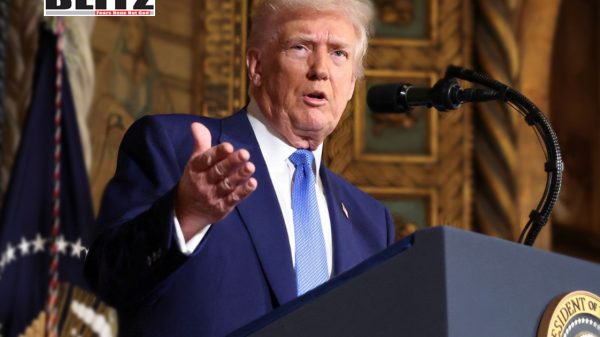
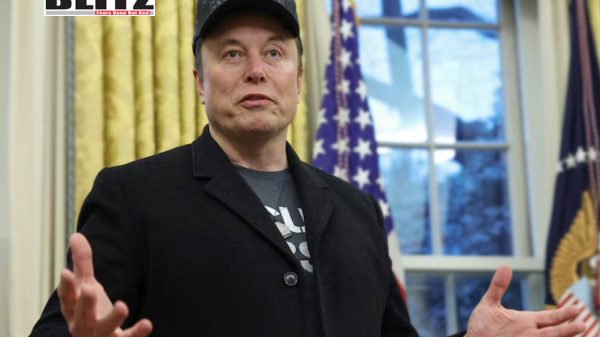
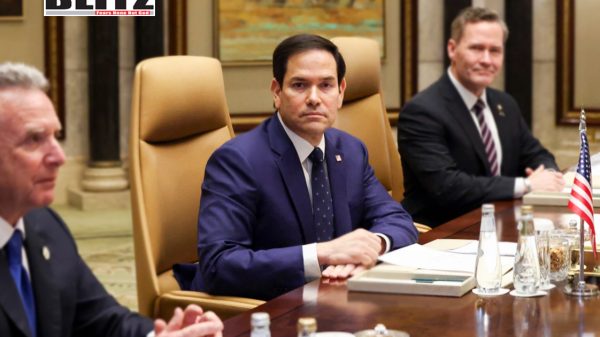
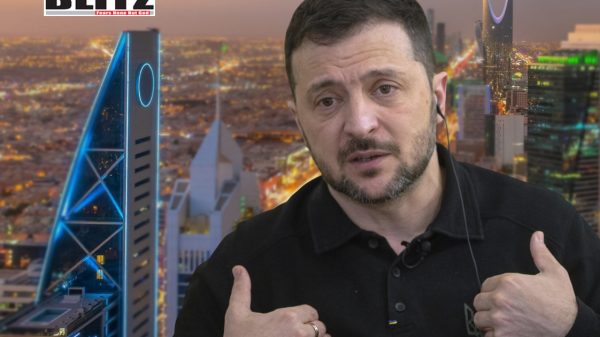
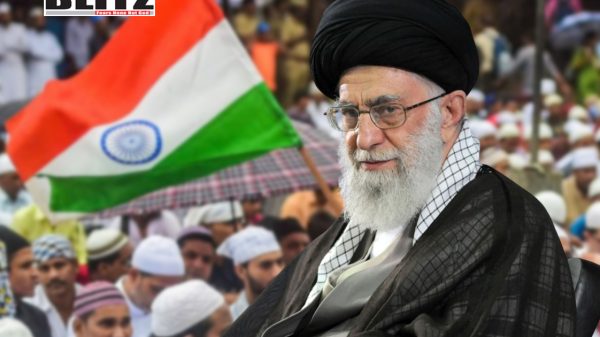
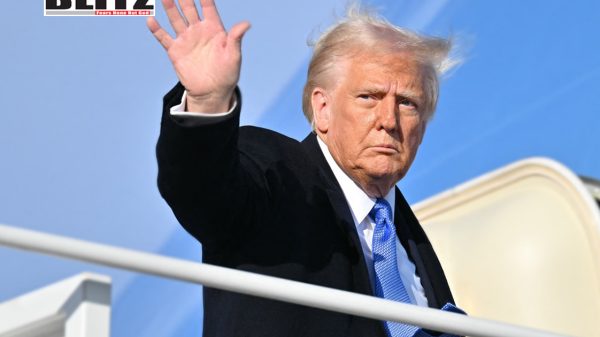

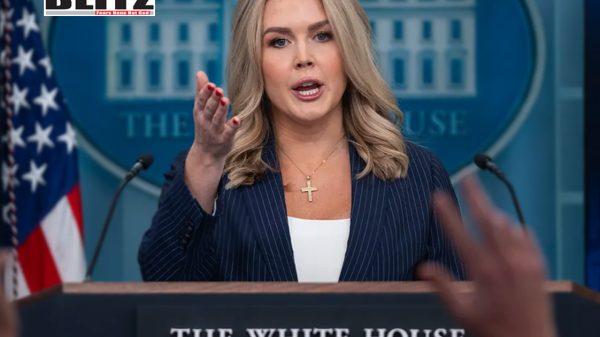
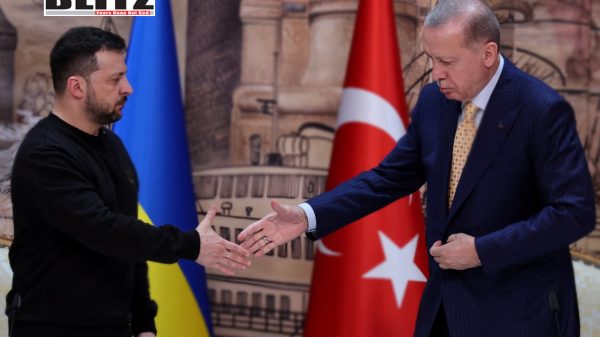
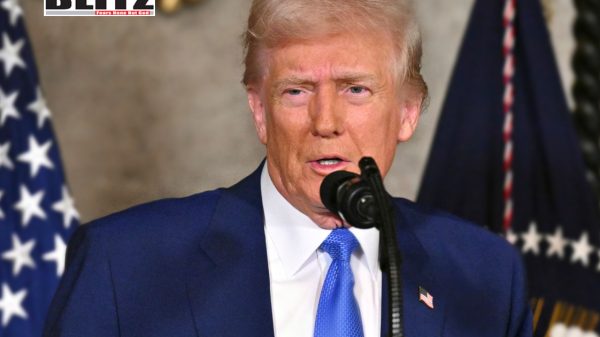
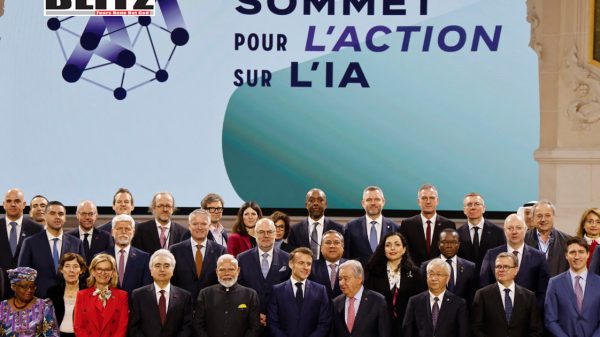

Leave a Reply